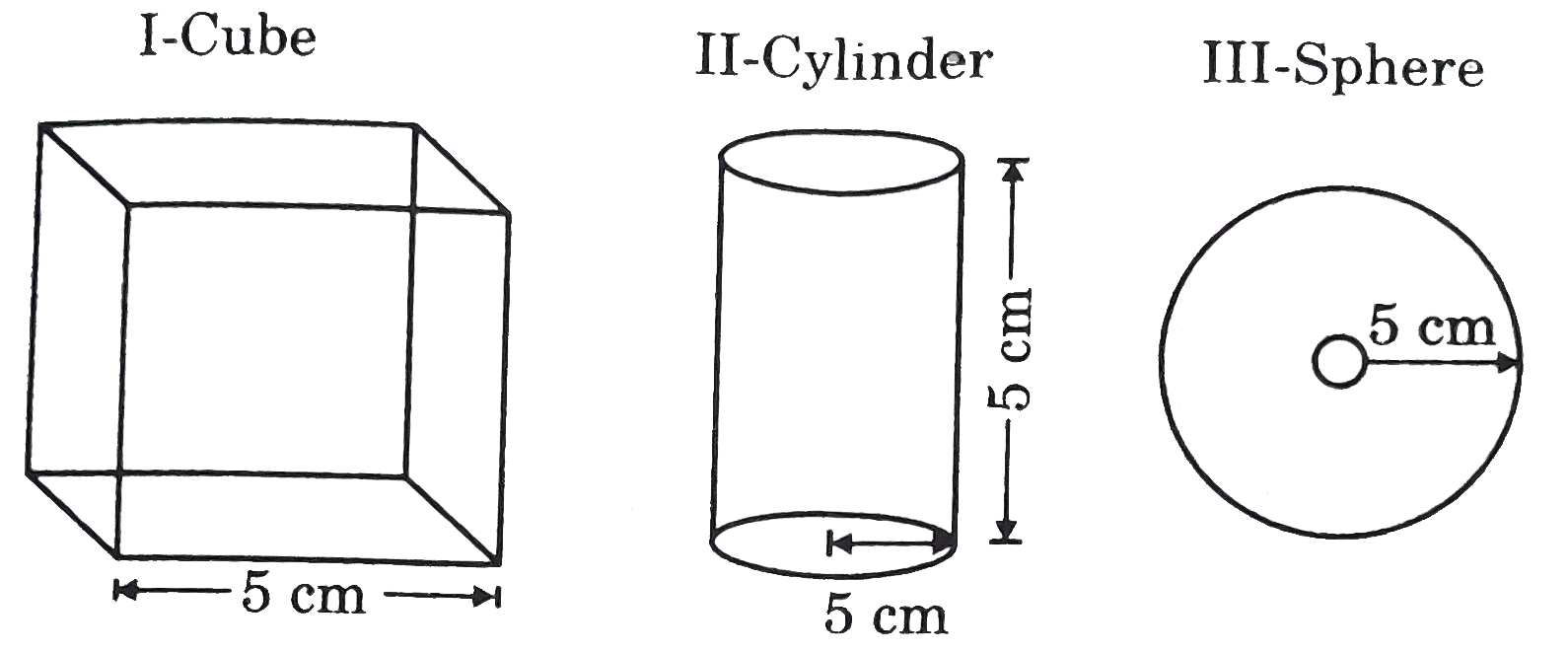If equal masses of oxygen and nitrogen are placed in separate containers of equal volume at the same temperature, which one of the following statements is true ?(Mol wt. N2=28,O2=32)
Both flasks contain the same number of molecules
The pressure in the nitrogen flask is greater than in the oxygen flask.
More molecules are present in the oxygen flask
Molecules in the oxygen flask are moving faster on the average than the ones in the nitrogen flask
The correct Answer is:B
PV=nRT⇒P=nRTV⇒nN2>nO2⇒PN2>PO2
Topper's Solved these Questions
Similar Questions
Knowledge Check
- Question 1 - Select One
If equal weights of oxygen and nitrogen are placed in separate containers of equal volume as the same temperature, which one of the following statements is true? (mol wt. N2=28,O2=32)
ABoth flasks contains the same number of molecules.BThe pressure in the nitrogen flask is greater than the one in the oxygen flask.CMore molecules are present in the oxygen flask.DThe nitrogen has a greater average kinetic energy per mole. - Question 2 - Select One
When equal weights of O2 and N2 are placed in separate contaniners of equal volume at the same temerature which of the following statement is true ?
ABoth flasks cotain the same number of moleculesBThe pressure in oxygen flask is smaller than the one in the nitrohgen flaskCMore molecules are present in the oxygen flaskDMolecules in the nitrogen flask are moving slower on the average than ones in the oxygen flask - Question 3 - Select One
100 g of Oogand 100 g of He(g) are in separate containers of equal volume. Both gases are at 100∘C. Which one of the following statements is true?
ABoth gases would have the same pressureBThe average kinetic energy of the O2 molecules is greater than that of the He moleculesCThere are equal numbers of He molecules and O2 moleculesDThe pressure of the He (g) would be greater than that of the O2(g)
Equal volume of all gases contain equal number of atoms at same temperature and pressure. This statement is
View Solution
There are three closed containers in which equal moles of gas is filled if the containers are placed at the same temperature, then which of the following is correct?View SolutionEqual masses of hydrogen, nitrogen and oxygen are taken in a container in identical conditions. The ratio of gascous volumes are
View SolutionEqual volumes of gases at the same temperature and pressure contain equal number of particles. This statement is a direct consequence of
View SolutionEqual volumes of gases at the same temperature and pressure contain equal number of particles. This statement is direct consequence of
View Solution

